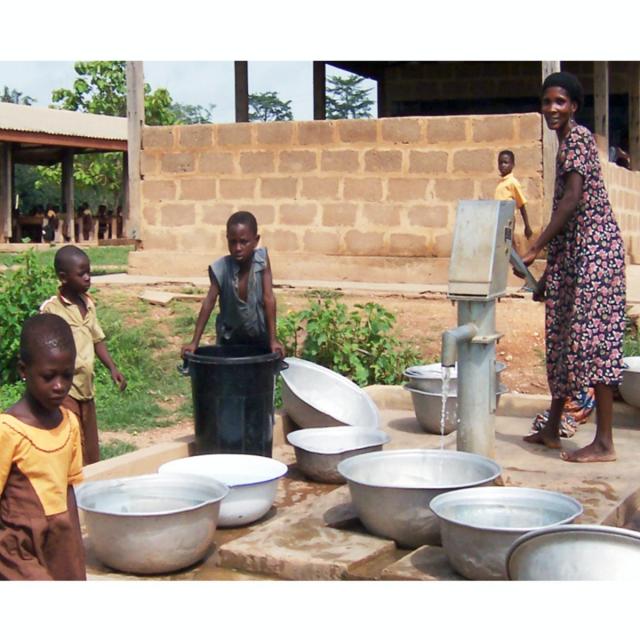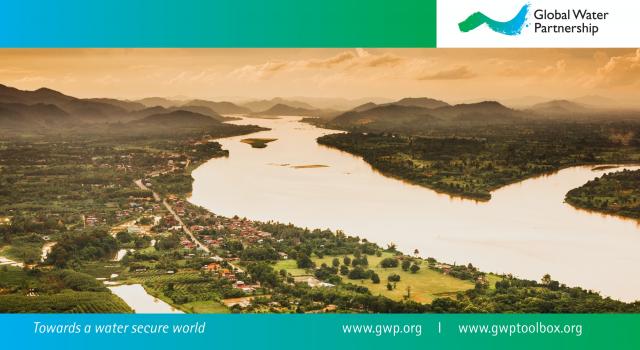Dale Whittington
Dale Whittington is a Professor in the Departments of Environmental Science & Engineering and City & Regional Planning at the University of North Carolina at Chapel Hill (USA), and at the Manchester Business School (UK). He is the author of over 100 publications, including (with Prof. Duncan MacRae) a graduate textbook on public policy analysis, Expert Advice for Policy Choice (Georgetown University Press, 1997). He serves as a resource person and research advisor for the Economy and Environment Program for Southeast Asia (EEPSEA); the Latin American and Caribbean Environmental Economics Program (LACEEP); and the Center for Environmental Economics and Policy Analysis (CEEPA). He is a member of the Technical Committee of the Global Water Partnership (GWP), and has served as consultant to the World Bank, Asian Development Bank, United States Agency for International Development, OECD, Hopi Indian Tribe, and numerous other organizations.
Prof. Whittington’s current research focuses on four main areas:
1) Use of hydro-economic optimization models to better understand the economic and strategic issues involved in building new infrastructure in major river basins such as the Nile and the Ganges;
2) Municipal water and sanitation tariff design;
3) Development of stated preferences techniques methodologies for estimating the economic value of nonmarket goods and services;
4) Economic and financial issues involved in expanding the use of new generation vaccines against typhoid and cholera in low and middle-income countries.


